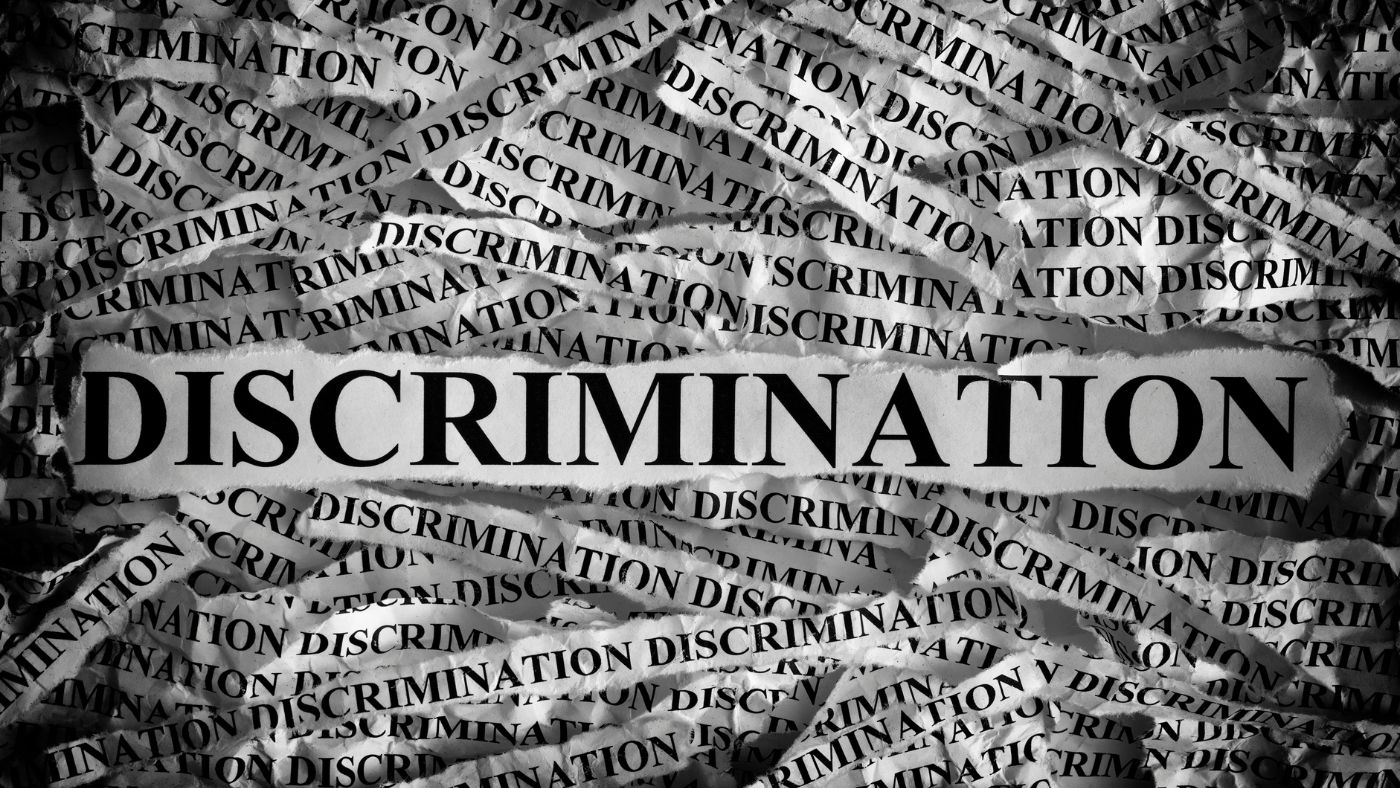What Forms of Discrimination are Prohibited?
Age Discrimination
Age discrimination involves treating an applicant or employee less favorably because of his or her age. The law forbids age discrimination in all aspects of employment, including hiring, pay, training, promotion, job assignments, discipline, layoff, and termination. Under the Aged Discrimination in Employment Act (ADEA) to qualify for the protections you must be at least 40 years of age, while the Florida Civil Rights Act does not have a similar age limitation. Our age discrimination attorneys are dedicated to helping the victims of age discrimination fight for their rights and obtain all legal remedies they are entitled to under the law.
Race/Color Discrimination
Race/Color Discrimination involves treating an applicant or employee less favorably because he/she is of a certain race or because of personal characteristics associated with race (such as hair texture, skin color, or certain facial features). Color discrimination involves treating someone unfavorably because of skin color complexion. Race/color discrimination can also involve treating someone unfavorably because the person is married to a person of a certain race or color. The Civil Rights Act of 1964 and the Florida Civil Rights Act forbid racial discrimination when it comes to any aspect of employment, including hiring, firing, pay, job assignments, promotions, layoff, training, fringe benefits, and any other term or condition of employment.
Sex-Based Discrimination
Sex or gender Discrimination is prohibited under state and federal law. It occurs when an applicant or employee is treated less favorably because of their sex, which includes gender, sexual orientation, gender identity or pregnancy. The Civil Rights Act of 1964 and the Florida Civil Rights Act forbid sex-based discrimination when it comes to any aspect of employment, including hiring, firing, pay, job assignments, promotions, layoff, training, fringe benefits, and any other term or condition of employment.
Pregnancy Discrimination is prohibited under both state and federal law. Under Title VII of the Civil Rights Act it can be based on a current pregnancy, a past pregnancy, a potential pregnancy, a medical condition related to pregnancy or childbirth (including breastfeeding/lactation), having or not having an abortion and birth control. The Pregnant Workers Fairness Act also requires an employer to provide a reasonable accommodation to a worker’s known limitations related to pregnancy, childbirth or related medical condition, unless the accommodation would result in an undue hardship on the employer.
National Origin Discrimination
National Origin Discrimination is prohibited under both state and federal law. It occurs when an applicant or employee is treated less favorably because he or she is from a particular country, or part of the world, because of ethnicity or accent, or because they appear to be of a certain ethnic background (even if they are not). It can also occur when a person is treated less favorably due to their marriage or personal relationship with a person of a certain national origin.
Religious Discrimination
Religious Discrimination is prohibited under both state and federal law. It occurs when an applicant or employee is treated less favorably because of his or her religious beliefs. The law protects those that follow organized religions, such as Christianity, Judaism and Islam. It also protects others who have sincerely held religions, ethical or moral beliefs. It can also occur when a person is treated less favorably due to their marriage or personal relationship with a person of a certain religion.
Disability Discrimination
Disability Discrimination involves treating an applicant or employee less favorably because of his or her disability. The key federal law on the issue is called the Americans with Disabilities Act (ADA), while Florida provides similar protections under the Florida Civil Rights Act (FCRA). Each law forbids disability discrimination in all aspects of employment, including hiring, pay, training, promotion, job assignments, discipline, layoff, and termination. The definition of a disability is broadly construed and includes 1) a physical or mental condition that substantially limits a major life activity (such as walking) or the operation of a major bodily function (such as the respiratory function); 2) has a record of such an impairment; or 3) is regarded as having such an impairment.
The disability laws require employers to provide reasonable job accommodations (changes to the ways things are normally done) to employees and job applicants who have, or had, an impairment that substantially limits a major life activity, unless doing so would cause undue hardship for the employer. A reasonable job accommodation can help a person with a disability perform the duties of their job, and can include such things as providing a modified schedule, allowing a remote work schedule, and granting additional time off in order to obtain disability-related medical care.
If the requested accommodation would cause an undue hardship to the business, your employer does not have to provide it. The term undue hardship means that the accommodation would be too difficult or too expensive to provide, in light of the employer’s size, financial resources, and the needs of the business. By way of example, allowing a computer specialist to work from home may be a reasonable accommodation because she can obtain remote access in order to perform her job duties, while it may not be reasonable for a retail manager to do so. Notably, the law does not allow an employer to refuse an accommodation simply because it involves some cost to the company to implement.
Equal Pay/Compensation Discrimination
The Equal Pay Act (EPA) requires an employer pay men and women who are performing substantially similar work, equally. All forms of pay are covered, including salary, overtime pay, bonuses, stock options, profit sharing, life insurance, vacation and other benefits.
An individual alleging a violation of the EPA is not required to file a Charge with the EEOC, they can pursue litigation immediately. A case must be filed within two years of the alleged unlawful compensation practice or, in the case of a willful violation, within three years.





